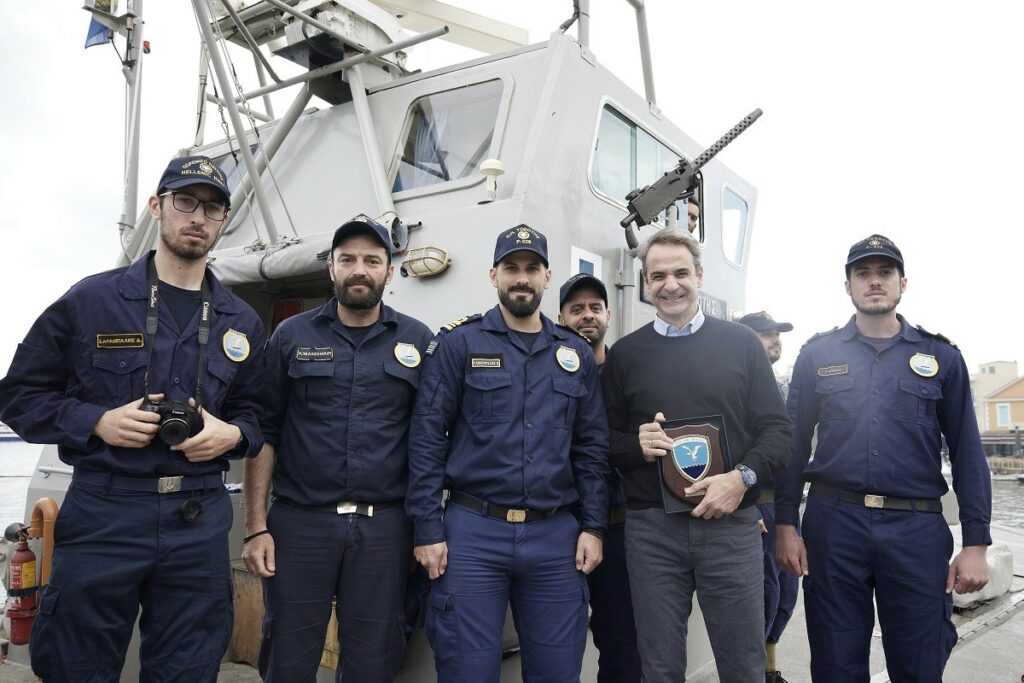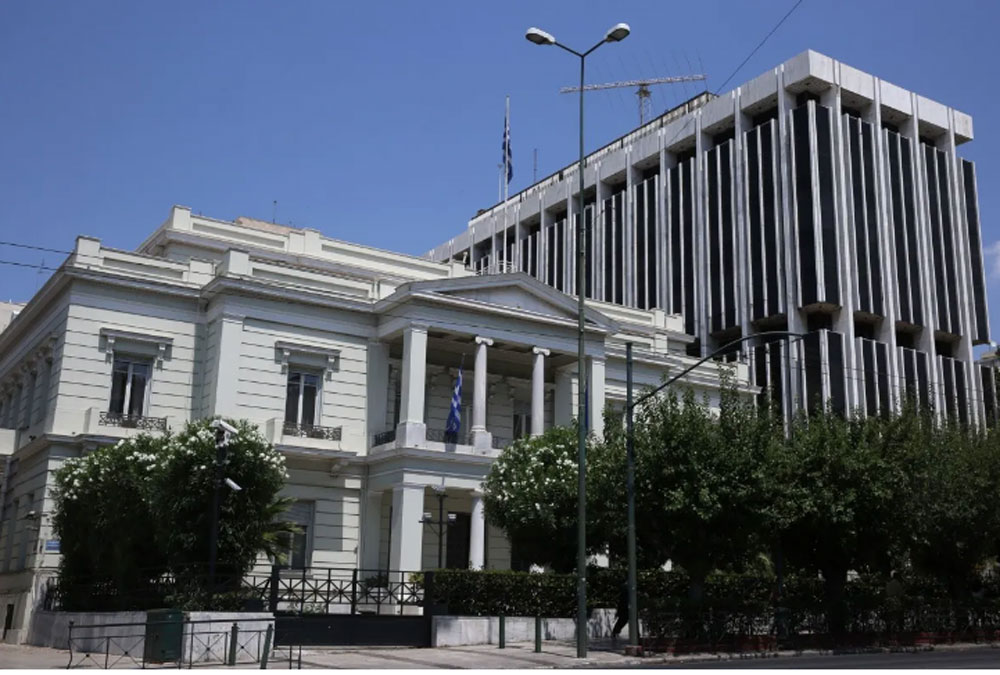
#Tags:
TurkeyIstanbulEuropean ParliamentCostas Mavridessilent lament“Saturday Mothers”The silent lament of the “Saturday Mothers” in Istanbul, Turkey: Nobody can remain unburied without the honors bestowed upon the dead

epa05004433 Selahattin Demirtas (2ND ROW, C), co-chairman of the the People’s Democratic Party (HDP) of Turkey visits the so called ‘Saturday Mothers’ gathering during their weekly protest action at Galatasaray square in Istanbul, Turkey, 31 October 2015. EPA, CEM TURKEL
In the Sophoclean tragedy of Antigoni, one of the best of ancient Greek literary works, as well as of our current European civilization, Polyneikis, Antigoni’s brother, is killed in a battle against his own city of Thebes, and the ruler of the city, tyrant Kreon, commands that Polyneikis remains unburied, so that his corpse can be food for vultures and dogs.
Antigoni consciously disregards Kreon and the threat of the death penalty if doing so, and proceeds to bury her dead brother, as the unwritten and superior ethical laws command:
Nobody can remain unburied without the honors bestowed upon the dead; over and above any political command, reigns the indestructible love towards relatives and siblings. On one side sits the hereditary power of tyrants, while on the other side rest the superior ethical commands, that squash any tyrannical orders or political considerations.
- In the current Cyprus tragedy, particularly due to the 1974 Turkish military invasion, many relatives of the missing and unburied persons [over 1600 initially], died whispering the name of their beloved ones, while others perished because of various incurable diseases; still others went into mourning by themselves, withering away like perishing candles, while those relatives still alive, are anxiously awaiting for some news.
The pain and anguish of the relatives of victims of the Turkish state remain the same, from Cyprus to Istanbul and Diyarbakir in Kurdish areas of north east Turkey, with many kidnapped persons still missing and unaccounted for since the 1980s, the 1990s, as well as since 2016 all over Turkey [i.e. after the “God given”, in Erdogan’s own words, coup of July 20, 2016].
These criminal actions have been carried out on the basis of a “deep state plan” against citizens of Kurdish descent as well as dissidents, who were kidnapped and disappeared ever since.
In many cases, the dead bodies of victims were found with their bones crushed in parks, forests and at other times in places in public view, such as on top of waste bins, as “an example” to others and with the dead bodies bearing obvious signs of torture.
Last Saturday, just as every Saturday since May 1995, with cold as well as hot weather, there was a silent protest of the “Saturday Mothers” in a square in Istanbul; the protesters were asking for the investigation of the crimes of disappearance and murder of their relatives and loved ones, the finding of their bodily remains and the award of justice.
The victims’ crime was that they were born Kurdish or were dissidents, in a country were the judiciary is an instrument that serves the regime and the mere demand for justice renders someone an accomplice to… terrorism!
Silent protest since Saturday, August 25th, 2018, when the Erdogan regime issued a decree prohibiting the protest and intervening among the gatherers with tear gas, plastic bombs and violence; since then, the remaining “Saturday Mothers” gather in the square, mourning silently their loved ones, because in Turkey even the mourning for your loved ones requires permission from the state regime.
Eighty two-year old Emine Ocak in 2018, was from the very beginning a leading figure among “Saturday’s Mothers”. The violence of the regime towards her was depicted in a few photographs, the publication of which brought about the wrathful response of state officials, who refer to “Saturday’s Mothers” in the most derogatory of terms, as whores, foreign agents, exhibitionists etc.
- The nature of the Turkish state, the Kemalist as well as the neo-Ottoman version, remains unaltered, with the relatives of these victims being publicly ridiculed and insulted, as in Nazi Germany, in order to “bring to their senses” the rest of the populace.
Thus, from Sophocles’s Antigoni, to the Greek Cypriot refugee Myrofora, living in a refugee settlement in Latsia, Cyprus, and from Turkish Cypriot Fatma living in Kioneli, a town north of Nicosia in the occupied part of Cyprus since 1974, to Emine of Istanbul, the same unbearable pain and the same unshakable faith in the superiority of the law of justice remain, as well as the same questions against injustice.
What kind of a state refuses to open its archives and files, 50 or 60 years after the crimes of disappearance or execution, crimes for which this very state is to blame? What kind of a state can plan and promote its citizens disappearances and then prohibits their mothers from mourning for them?
* Costas Mavrides is a Member of the European Parliament (S&D, Cyprus), and Chair of the Political Committee for the Mediterranean – [email protected]
Ακολουθήστε τη HELLAS JOURNAL στη NEWS GOOGLE

